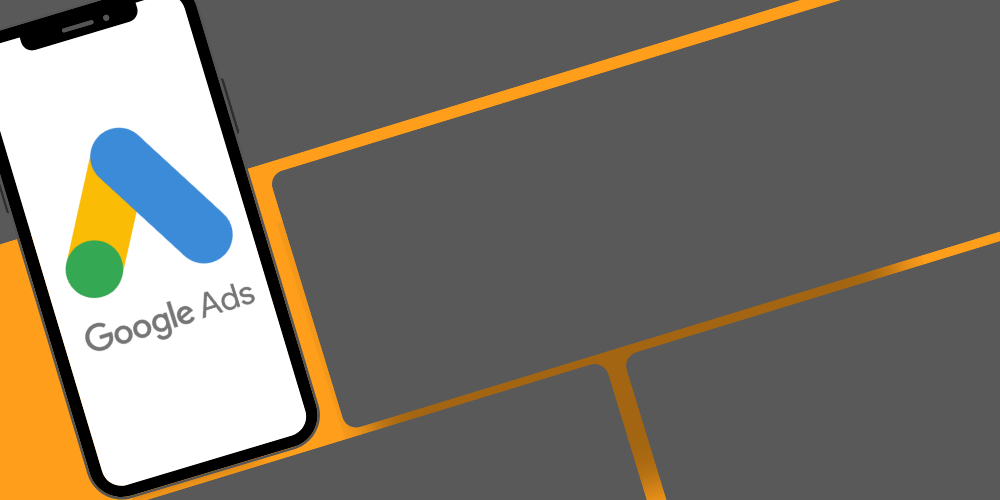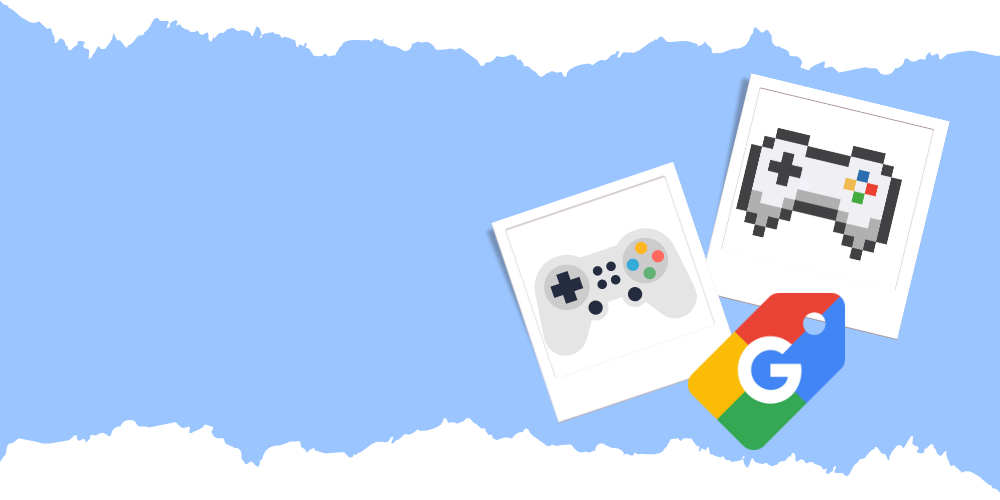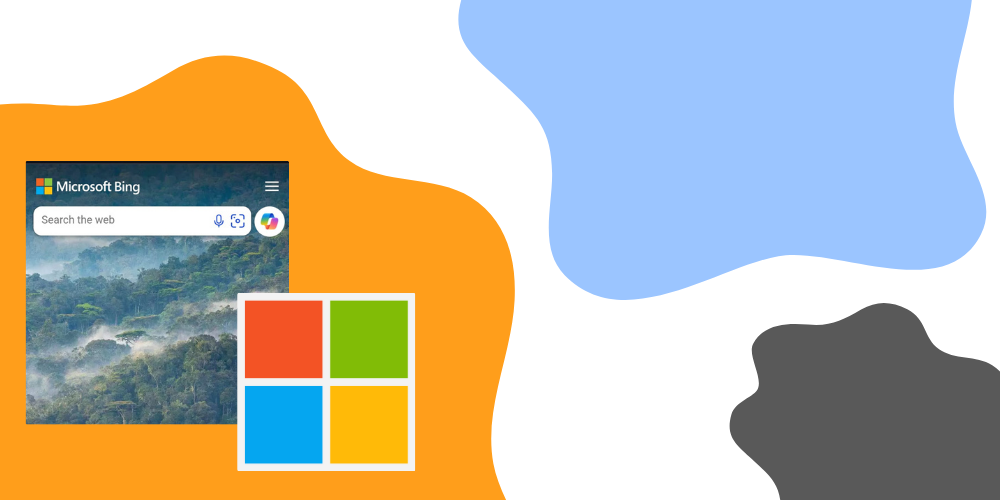In today’s rapidly evolving digital landscape, businesses must keep up with the latest trends to stay ahead of the competition. One of the most effective ways to do this is through PPC advertising. PPC (pay-per-click) advertising is an online advertising model where businesses pay to have their ads appear on search engines, social media platforms, or other websites. The ads are charged only when users click on them, making it a cost-effective way for businesses to gain maximum exposure.
In recent years, Google Ads has emerged as a powerful tool for businesses to reach their target audiences. Google Ads allows businesses to create highly targeted ads that appear above or beside Google search results. With the right strategy, Google Ads can help businesses grow, increase visibility, and reach their marketing goals.
The Benefits of PPC Advertising
There are several benefits of PPC advertising that make it an essential component of any digital marketing strategy. Here are some of the most significant benefits of PPC advertising:
1. Quick Results
One of the biggest advantages of PPC advertising is that it provides immediate results. As soon as your ad is approved and goes live, it will start appearing in front of your target audience. Unlike traditional advertising methods, where you have to wait for weeks or even months to see results, PPC advertising can provide results in just a few hours.
2. Targeted Campaigns
PPC advertising allows you to create highly targeted campaigns that only reach your intended audience. With Google Ads, you can target specific keywords, demographics, locations, and even the time of day through ad scheduling. Google Ads also has various audience targeting options, allowing you to target potential customers at different stages of their journey – whether they are just showing an interest in something or are ready to buy. This means that you can ensure that your ads are only shown to users who are most likely to be interested in your products or services.
3. Cost-effective
In traditional advertising, you pay a set amount of money for an ad to run for a specific amount of time. But with PPC advertising, you only pay when users click on their ads. This makes PPC advertising a more cost-effective way to reach your target audience.
4. Measurable
PPC advertising is highly measurable, allowing you to track the success of your campaigns. With Google Ads, you can track clicks, impressions, click-through-rates (CTR), conversions and much more. This means that you can see exactly how your ads are performing and make adjustments when necessary to improve your ad groups or campaigns.
5. Flexibility
PPC advertising is highly flexible, allowing you to make changes to your campaigns on the go. If a particular ad is not performing well, you can adjust your targeting or ad copy to improve its performance. This flexibility allows you to optimise your campaigns for maximum ROI.
The Impact of PPC Advertising
The impact of PPC advertising can be extremely significant for businesses. By using the right keywords, creating targeted ads, and optimising campaigns, you can increase your visibility, generate more leads, and ultimately boost sales. Here are some of the ways that PPC advertising can impact businesses:
1. Increased Visibility
PPC advertising can help businesses increase their visibility and reach more potential customers. By targeting specific keywords, you can ensure that your ads appear at the top of Google search results, making it easier for users to find you.
2. Increased Traffic
PPC advertising can drive more traffic to your websites. By creating compelling ads that entice users to click through, you can increase the number of visitors to your sites.
3. Increased Conversions
PPC advertising can also help businesses increase their conversions. By optimising campaigns for maximum ROI, you can generate more leads and sales.
4. Brand Awareness
PPC advertising can also help businesses increase brand awareness. By creating targeted ads that showcase your brand, you can reach new audiences and increase recognition of your products or services.
Google Ads: A Powerful Tool for Businesses
When it comes to PPC advertising, Google Ads is one of the most powerful tools available for businesses. With a robust set of targeting options, intelligent ad placements, and detailed reporting, Google Ads can help your business achieve its marketing objectives.
Some of the key features of Google Ads include:
Keyword targeting
Google Ads allows you to target specific keywords that are relevant to your products or services. This means that when users search for those keywords, your ads can appear at the top of the search results.
Ad formats
Google Ads offers a variety of ad formats, including text ads, display ads, video ads, and shopping ads. This means that you can create ads that cater to your specific goals and target audience.
Audience targeting
Google Ads offers highly specific audience targeting options, allowing businesses to reach users based on their demographics, interests, and behaviours.
Reporting and optimisation
Google Ads provides users with detailed reporting and optimisation features that will allow you to track the success of your campaigns and make adjustments to improve performance.
Conclusion
PPC advertising is a powerful tool that can help businesses grow, increase visibility, and achieve their marketing objectives. With the right strategy, you can use PPC advertising to reach your target audience, increase traffic to your website, generate more leads, and boost sales. Google Ads is one of the most effective platforms for PPC advertising, offering a sophisticated set of features and tools that can help businesses achieve their marketing goals. By incorporating PPC advertising into their digital marketing strategy, businesses can stay ahead of the competition and drive growth.
For more information on PPC Advertising, check out our PPC Blog Section or get in touch to find out more.




